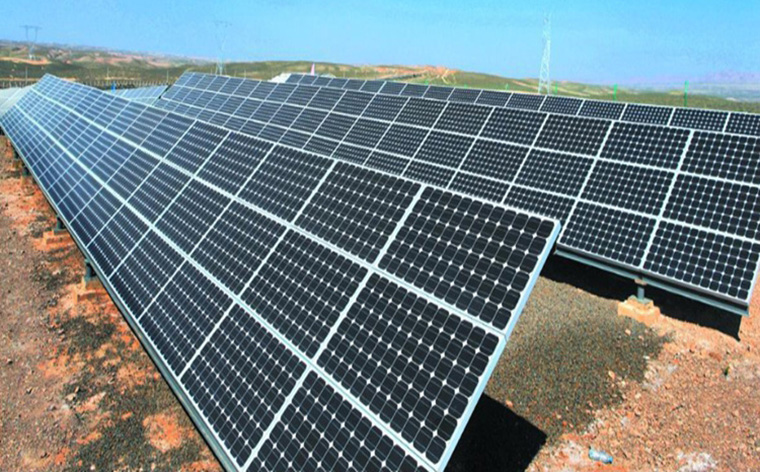Installing photovoltaic solar power is a great way to save energy and protect the environment. However, for people living in colder regions, snow can cause big problems. Can solar panels still generate electricity on snowy days? Joshua Pierce, an associate professor at Michigan Tech University, said: “If the snow cover completely covers the solar panels and only a small amount of sunlight penetrates the snow to reach the solar panels, then the energy will obviously decrease.” He added: “Even a small amount of snow on the panels can significantly reduce the power generation of the entire system.” To answer these questions, research is underway to see if solar panels can continue to generate electricity in colder climates.This loss is expected to impact energy costs for solar users, but it will only have a more severe impact on those who rely solely on solar PV and do not have traditional grid-connected generation. For most households and businesses still connected to the grid, the economic impact will be limited. However, energy loss remains an issue when maximizing solar energy. The study also included the positive effects of snowy weather on solar panel formation. “When there’s snow on the ground and the solar panels aren’t covered by anything, the snow acts like a mirror to reflect sunlight, which increases the amount the solar panels produce,” said Peelce. “In many cases, the reflection of the snow There is very little help for photovoltaic power generation.”

Pierce describes several ways to increase the power of solar panels in snow. Snow Power Tip: You may need a tennis ball this time. A good way to do this is to bounce the tennis ball off the sloping panel to shake the snow off. Of course, you can borrow other tools. You will find that your power generation system is doubled; 2. Installing solar panels at a wide angle will reduce the rate at which snow builds up and eliminate the need to clean it from time to time. “Until you decide between 30 and 40 degrees, 40 degrees is obviously a better solution.” Pierce said. 3. Install at a distance so snow doesn’t build up on the bottom and build up slowly Get up and cover the entire battery cell. Solar energy is a low-cost, efficient alternative energy source. As an alternative to conventional electricity, new photovoltaic systems are being installed in large numbers in homes. Once connected, the entire power supply will be normal, Even snow will hinder solar usage a little.
Post time: Apr-01-2023




